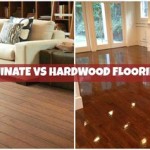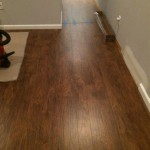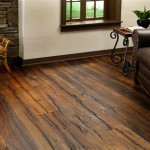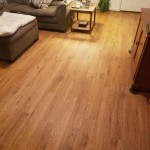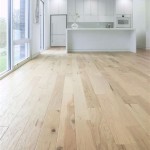Vinyl or Linoleum Sheet Flooring: A Comparison
When it comes to flooring options for commercial and residential spaces, vinyl and linoleum sheet flooring are two popular choices. Both materials offer durability, affordability, and a wide range of design options, making them suitable for various applications.
Composition and Construction
Vinyl sheet flooring is made from polyvinyl chloride (PVC), making it a synthetic material that is resistant to moisture and wear. It has a thick, flexible backing that provides comfort and sound absorption. Vinyl sheet flooring is available in a variety of colors, patterns, and textures, including those that mimic the appearance of wood, stone, and tile.
Linoleum sheet flooring, on the other hand, is made from natural materials such as linseed oil, wood flour, and jute backing. It is a biodegradable and environmentally friendly option that is naturally resistant to bacteria and mildew. Linoleum sheet flooring has a slightly harder surface compared to vinyl, making it more durable in high-traffic areas.
Durability and Maintenance
Both vinyl and linoleum sheet flooring are highly durable and can withstand heavy foot traffic. Vinyl sheet flooring is particularly resistant to moisture and stains, making it suitable for use in bathrooms, kitchens, and commercial spaces. Linoleum sheet flooring is also durable, but it requires regular maintenance to prevent it from becoming scratched or dented.
In terms of maintenance, both materials are relatively easy to clean. Vinyl sheet flooring can be swept, mopped, and vacuumed regularly, while linoleum sheet flooring requires occasional waxing or sealing to protect its surface.
Environmental Considerations
Linoleum sheet flooring is considered a more environmentally friendly option compared to vinyl sheet flooring. It is made from renewable and biodegradable materials, and its manufacturing process produces less waste. Vinyl sheet flooring, on the other hand, contains synthetic materials that are not biodegradable and can contribute to landfills.
Cost and Installation
The cost of vinyl and linoleum sheet flooring varies depending on the quality, thickness, and design. However, vinyl sheet flooring is generally more affordable than linoleum sheet flooring.
Installation of both materials is fairly straightforward and can be done by a professional or a skilled DIYer. Vinyl sheet flooring is installed using adhesive or interlocking planks, while linoleum sheet flooring typically requires a specific adhesive.
Conclusion
Vinyl and linoleum sheet flooring offer a range of benefits for both residential and commercial spaces. Vinyl sheet flooring is affordable, durable, and easy to maintain, while linoleum sheet flooring is a more environmentally friendly option that is naturally resistant to bacteria.
The best choice between vinyl and linoleum sheet flooring depends on the specific requirements of the space, including moisture resistance, durability, environmental concerns, and budget. Both materials offer a wide range of design options, ensuring a stylish and functional flooring solution.

Vinyls Vs Linoleum Flooring Major Differences Pros Cons And Costs Forbes Home

Linoleum Flooring Pros And Cons Forbes Home

What S The Difference Between Vinyl Linoleum Flooring Floor Coverings International
Everything You Need To Know About Vinyl Flooring Tarkett

Why Choose A Vinyl Sheet Flooring Factory Liquidators

Sheet Vinyl Flooring Wikipedia

Linoleum Vs Vinyl Flooring Which Is Better

Choosing Green Vinyl Or Linoleum Sheet Flooring

Types Of Vinyl Flooring The Home Depot

Linoleum Vs Vinyl Flooring Which Is Better
Related Posts

